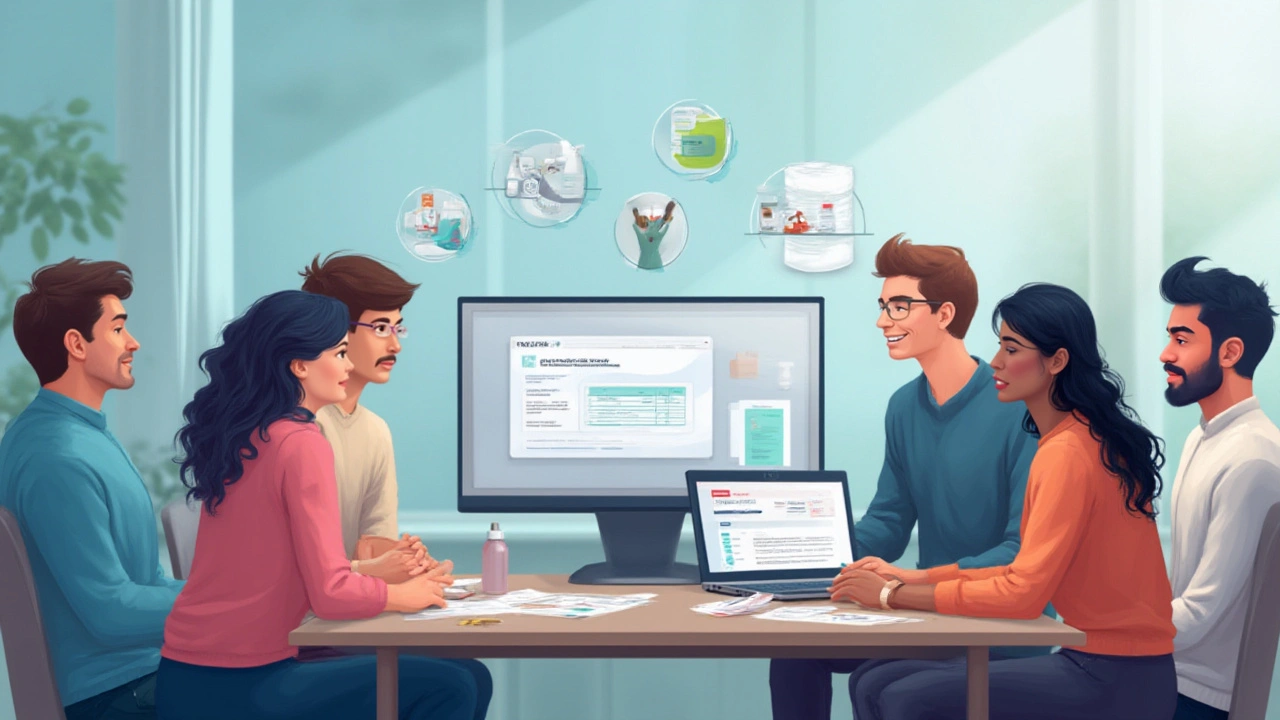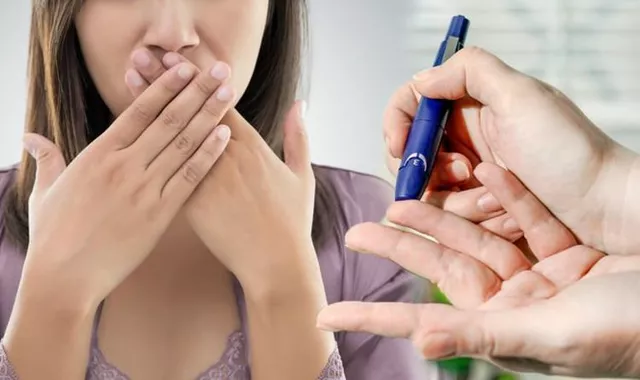Mental Health Medication: What You Need to Know
If you or someone you love is dealing with depression, anxiety, bipolar disorder, or any other mental health challenge, medication can be a game‑changer. But the world of pills, capsules and tablets feels confusing fast. This guide breaks down the basics in plain language so you can make sense of what’s out there, how it works, and how to stay safe.
Common Types of Mental Health Meds
Antidepressants are usually the first line for depression and many anxiety disorders. The most popular groups are SSRIs (like fluoxetine or sertraline) and SNRIs (such as venlafaxine). They lift mood by balancing serotonin and norepinephrine, chemicals that help regulate feelings.
Anxiety drugs include benzodiazepines (e.g., alprazolam, lorazepam) for short‑term relief and buspirone or certain antidepressants for longer‑term control. Benzos work fast but can cause dependence, so doctors limit their use.
Mood stabilizers such as lithium, valproate or lamotrigine are key for bipolar disorder. They help smooth out the high and low swings that can wreck daily life.
Antipsychotics (like risperidone or aripiprazole) aren’t just for schizophrenia; they’re also used to treat severe depression, manic episodes, and sometimes anxiety when other meds don’t help.
How to Use Them Safely
First thing: never start a new drug without a prescription. A qualified clinician can match the right medication to your symptoms, medical history, and any other drugs you take. If you’re already on another medicine, ask about possible interactions—some combos can raise heart rate or cause dangerous side effects.
When you get a script, follow the dosing instructions exactly. Many mental health meds need a “start low, go slow” approach: a tiny dose at first, then gradual increases as your body adjusts. This reduces headaches, stomach upset and the dreaded “feeling flat” that some people report.
Give each medication at least two weeks before deciding if it works. Most antidepressants need time to build up in your brain, so patience is key. If you notice new or worsening symptoms—like suicidal thoughts, extreme agitation, or severe tremors—call your doctor right away.
Keep a simple log: note the name of each pill, dose, time taken, and any side effects you feel. Over time you’ll spot patterns that help you and your provider fine‑tune treatment.
Never mix mental health meds with alcohol or recreational drugs unless your doctor says it’s safe. Alcohol can amplify drowsiness, worsen depression, and increase the risk of overdose.
Finally, remember that medication is just one piece of the puzzle. Therapy, exercise, sleep hygiene and a supportive network boost results dramatically. Combining talk therapy with meds often leads to faster recovery and longer‑term stability.
Feeling overwhelmed? Start by talking to your primary care doctor or a mental health specialist. Bring this guide as a reference—they’ll appreciate you’ve done the homework and can answer specific questions about each drug class.
Managing mental health is a marathon, not a sprint. With the right medication, clear guidance, and steady self‑care habits, you can move toward a steadier mood, clearer thoughts, and better overall well‑being.
How to Safely Buy Escitalopram Online in the US: Guide, Options, and Tips
Curious about buying Escitalopram online? Here's your step-by-step guide to safely ordering, avoiding scams, and understanding what to expect when purchasing this antidepressant over the internet.
Buy Abilify Online: Safe, Practical Ways to Order Aripiprazole in 2025
Get step-by-step guidance on how and where to buy Abilify online safely in 2025. Learn about legit pharmacies, tips for scams, and best ways to order aripiprazole.







